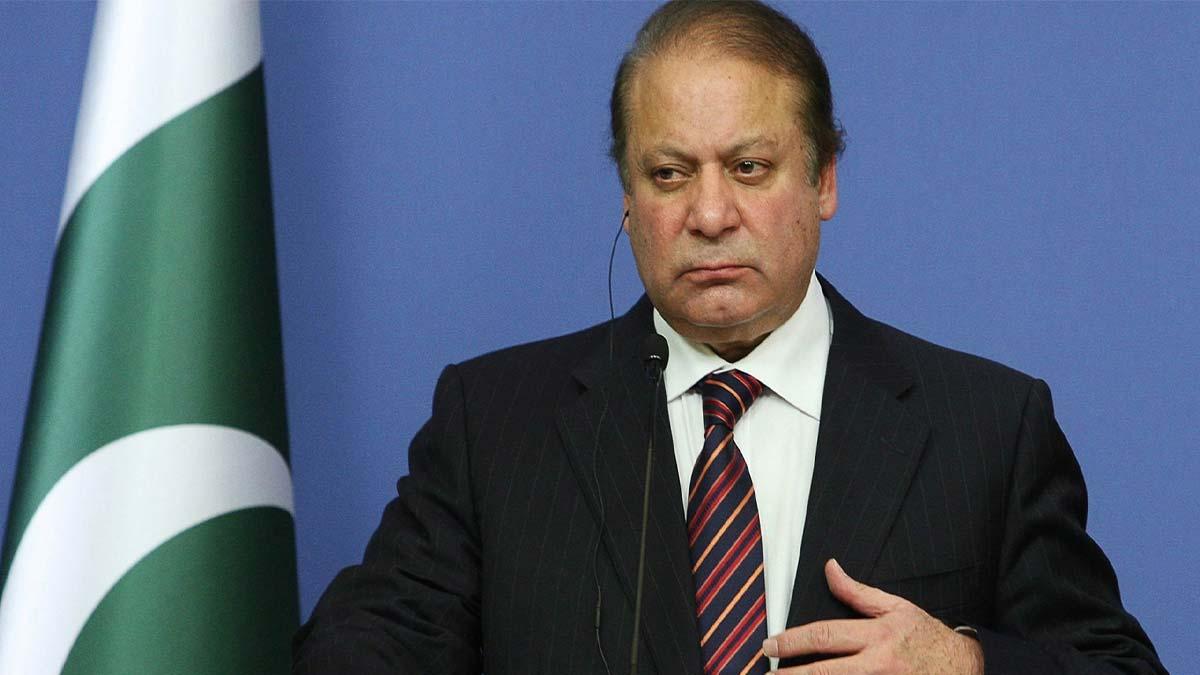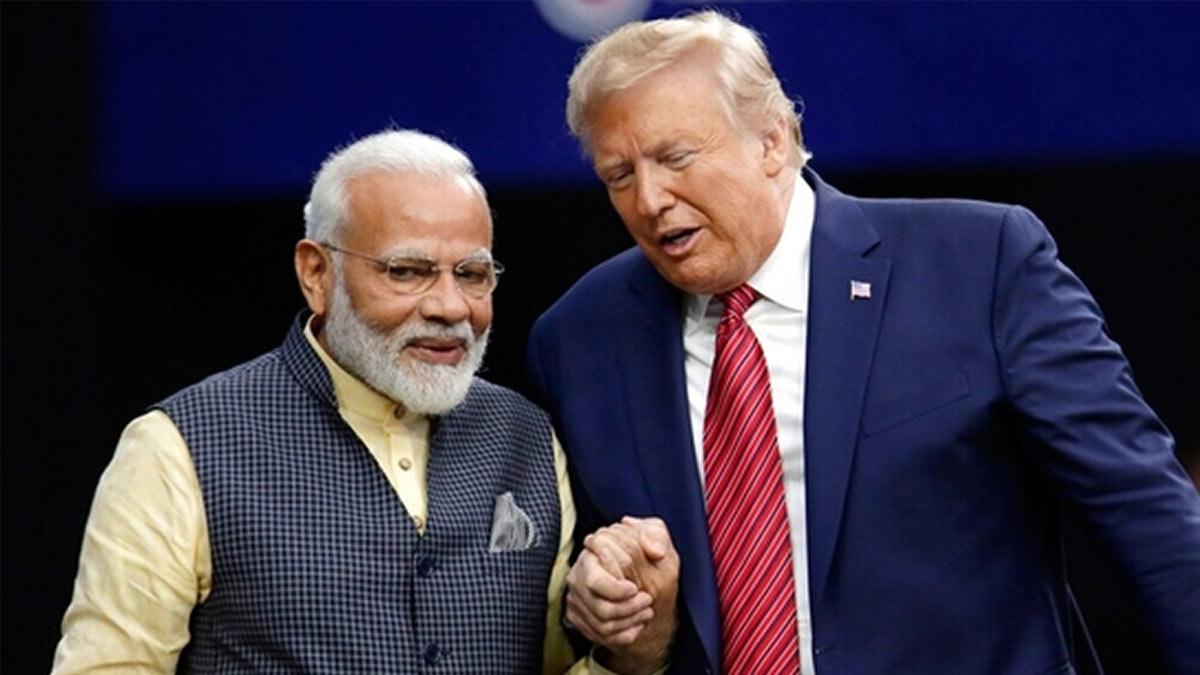On Friday, Pakistan claimed that its command and control infrastructure is strong and effective.
The nation's Foreign Office reiterated Pakistan's confidence in the strength of its "comprehensive nuclear security regime."
Responding to media queries regarding Pakistan's nuclear program, the Foreign Office stated, "Pakistan remains fully confident in the strength of its comprehensive nuclear security regime and the robustness of its command and control structures.
Furthermore, the Foreign Office also placed emphasis on India, hinting that the world should be worried about India's nuclear potential. It asserted that "the mounting radicalisation of India's political discourse, media, and parts of its society is a legitimate nuclear security concern."
This follows Indian Defence Minister Rajnath Singh's comments on Thursday in Srinagar, where he urged Pakistan's nuclear arsenal to be put under International Atomic Energy Agency (IAEA) control, citing that they are unsafe in what he called "such a rogue nation."
Singh's remarks came after Prime Minister Narendra Modi announced that India would not accept "nuclear blackmail" from Pakistan and pledged to firm up its response to cross-border terrorism.
India-Pakistan tensions escalated after the Pahalgam attack, leaving 26 dead.
India carried out targeted attacks on the terrorist infrastructure in Pakistan and Pakistan-occupied Kashmir in retaliation during the early hours of May 7.
Pakistan retaliated by trying to attack Indian military establishments on May 8, 9, and 10. India repelled these actions successfully.
Hostilities ended after negotiations between directors general of military operations from the two parties on May 10, resulting in an agreement to suspend further military action.


















